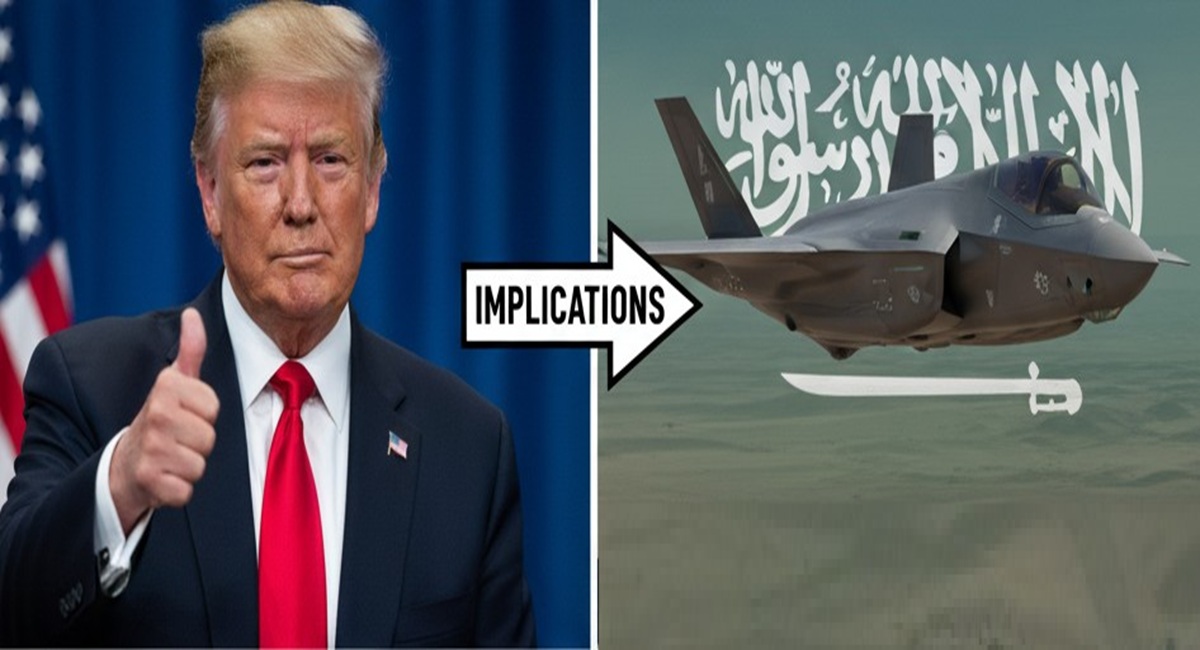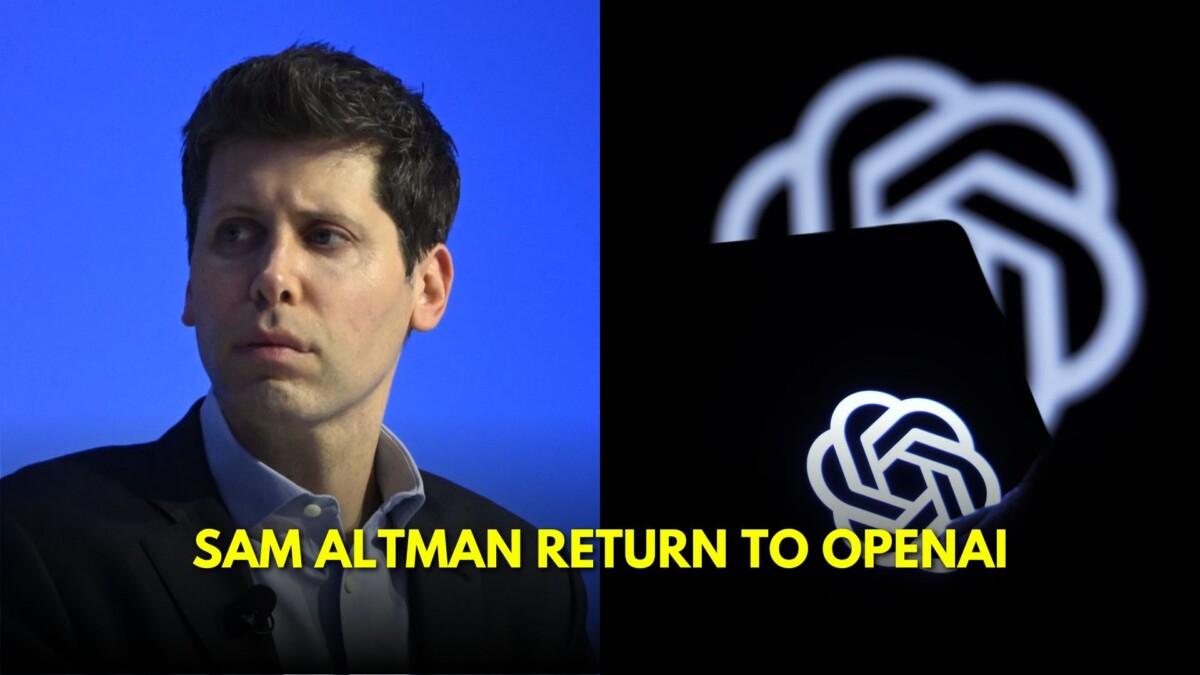Washington, D.C. — In a major policy reversal, former President Donald Trump has confirmed that he plans to approve the sale of F-35 stealth fighter jets to Saudi Arabia. The announcement, made on November 17, 2025, comes as Crown Prince Mohammed bin Salman visits Washington for high-stakes diplomatic talks.
Saudi Arabia has reportedly sought to purchase up to 48 F-35s, a package that could cost tens of billions of dollars, marking a potential leap forward in the kingdom’s air capabilities. Under the proposed deal, the aircraft would likely arrive with logistics, training, and sustainment support, signaling a deepening of U.S.–Saudi defense cooperation.
What It Means for U.S. Defense Policy
The decision represents a sharp shift in Washington’s regional arms policy. Historically, U.S. F-35 sales were limited to trusted allies — for example, NATO states and Japan — and, in the Middle East, only Israel has operated the jets. By opening the door to Saudi Arabia, the U.S. may be recalibrating its strategic ties in the Gulf, emphasizing Riyadh’s role in countering shared regional threats, such as Iran, while also advancing broader arms exports.
However, the sale is not without risks. According to Pentagon intelligence assessments, the transfer could expose sensitive F-35 technologies — such as stealth coatings, datalink systems, and sensor fusion architecture — to Chinese espionage, especially given Riyadh’s growing ties with Beijing. Critics argue that even if Riyadh agrees to safeguards, no measure can fully eliminate the risk of technology leakage.
Israel’s Concerns: The Qualitative Military Edge
Perhaps the most significant geopolitical friction arises from Israel, which has long benefited from a U.S. policy commitment to maintain its Qualitative Military Edge (QME) over regional adversaries. The F-35 deal threatens to erode that margin. As Israel remains the sole Middle Eastern operator of the aircraft, enshrined in a highly customized “Adir” version with exclusive Israeli systems, the introduction of a second regional operator is a profound shift.
Israeli officials have reportedly pressed the U.S. to condition any F-35 sale on a formal normalization of relations between Riyadh and Jerusalem. One Israeli concern in particular: that Saudi jets should not be stationed in the western part of the country, which would bring them geographically within minutes of Israeli airspace.
If such conditions are not met, many in Israel fear the deal could undermine its air superiority, especially in long-range strike capabilities and stealth missions.
Middle East Security: Broader Implications
From a broader regional perspective, giving Saudi Arabia stealth-capable fifth-generation aircraft could dramatically reshape the Gulf’s military balance. Riyadh would not only gain a more advanced air force, but also greater leverage in security partnerships — both with the U.S. and with regional players.
For the U.S., the sale may be part of a grander strategy to cement alliances in the Gulf amid rising competition from China and Russia. It could also serve as a bargaining chip: Riyadh has long signaled that defense cooperation — including advanced aircraft — could be tied to diplomatic progress on Palestinian normalization.
Yet, this gamble carries its own tensions. Beyond Israel’s objections, there is concern in Washington over human rights and the kingdom’s past record, particularly after the 2018 killing of journalist Jamal Khashoggi. Congress, which has previously pushed back on large arms sales to Saudi Arabia, may again pose obstacles.
Strategic Trade-Offs and Next Steps
If the sale moves forward, the Trump administration will need to manage a complex web of strategic trade-offs:
- Balancing strategic partnership with Riyadh against the risk of erosion of Israel’s military edge.
- Ensuring technology security, especially in light of U.S.-China great-power rivalry.
- Navigating Congressional scrutiny, particularly regarding human rights, defense guarantees, and export controls.
- Potentially tying the arms sale to diplomatic leverage, such as Saudi-Israel normalization or defense guarantees.
For its part, Saudi Arabia views the deal as a centerpiece of its military modernization under Vision 2030, aiming to build a more technologically advanced, interoperable, and globally integrated air force.
Conclusion
Trump’s decision to greenlight the F-35 sale to Saudi Arabia marks a watershed moment in U.S.–Middle East defense policy. It reflects a more ambitious American effort to deepen military ties with Riyadh, even at the cost of redefining long-standing security doctrines like Israel’s Qualitative Military Edge.
Yet, the risks are substantial — from the potential exposure of the U.S.’s most advanced military technologies to geopolitical rivals, to the erosion of Israel’s regional dominance, to domestic pushback in Congress. How Washington, Riyadh, and Tel Aviv navigate these risks in the coming months could fundamentally reshape the Middle Eastern security architecture.
As Crown Prince Mohammed bin Salman’s visit to Washington unfolds, all eyes will be on whether formal agreements — beyond just words — emerge.









